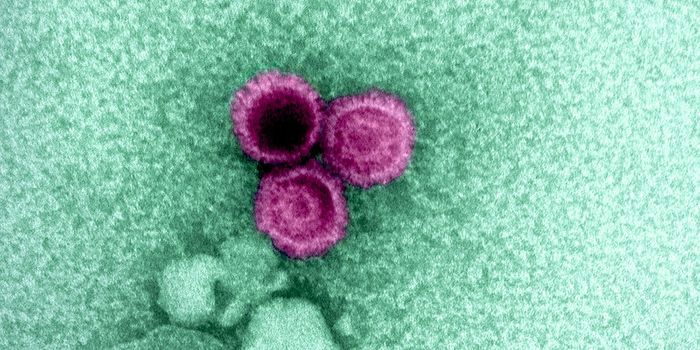We depend on our immune cells to protect us against infections from foreign invaders like bacteria, viruses, and parasites. New research shows that a rare type of dendritic cell could be doing even more to keep us healthy. These rare cells could be preventing metabolic syndrome - obesity, hypertension, high blood sugar, and high cholesterol.
A new study from the
Weizmann Institute of Science, published in
Immunology this month, involved feeding experimental mice a regular diet, as opposed to a high fat diet, to investigate the role of rare dendritic cells that contain perforin in preventing metabolic sydnrome. Dendritic cells respond to infection by displaying antigens on their cell surface to alert T cells of an invasion so T cells can instruct B cells to make antibodies targeting the invader (
The Rockefeller University). Perforin is used by lymphocytes to poke holes in target membranes as a cytolytic mechanism (
Immunology Today).

Experimental mice without perforin-containing dendritic cells became overweight and eventually developed other signs of metabolic syndrome.
After further investigation, the researchers also found that T cells of the mice without perforin-containing dendritic cells were causing inflammation at abnormally elevated levels in the mice fat tissue. When these T cells were removed, the mice did
not become obese. The researchers concluded that perforin-containing dendritic cells must be regulating the presence of these T cells in fat cells.
Further investigation is required to determine the complete role of perforin-containing dendritic cells. There is a possibility that these cells are also related to autoimmune disease, since the mice lacking perforin-containing dendritic cells were found to be more prone to developing an autoimmune disease similar to multiple sclerosis in humans.
To hear more about the traditional role of dendritic cells in innate immunology, watch the following video.
Source:
Newswise









